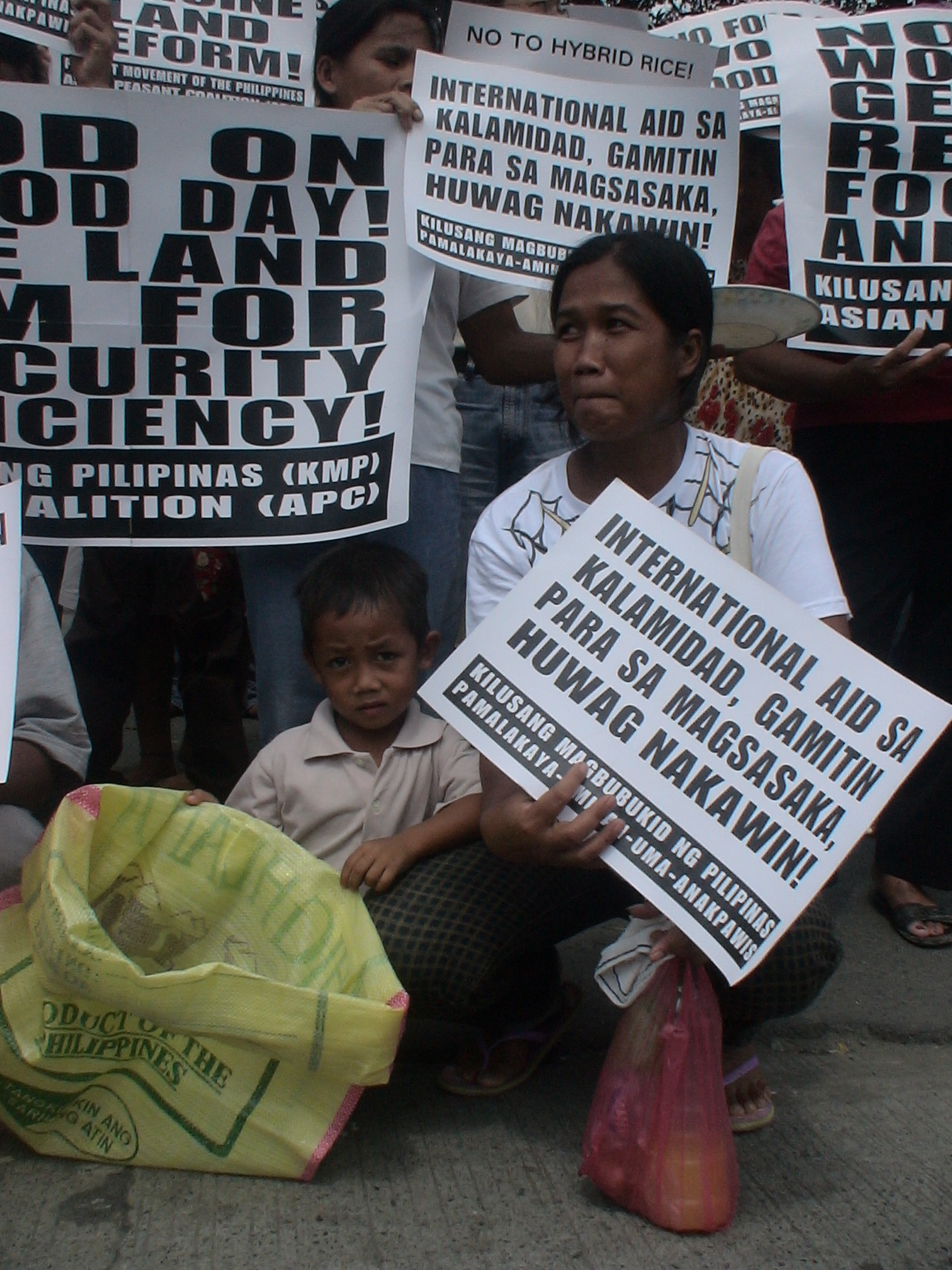Thailand’s demand to cut RP rice tariffs amid calamity insensitive, highlights dangers of free trade deals
IBON Media Release | 23 October 2009
Reference: Mr Sonny Africa (IBON research head)
Thailand’s demand to cut RP rice tariffs amid calamity insensitive, highlights dangers of free trade deals
Research group IBON called insensitive the Thai government’s demand to cut import tariffs on rice, especially since the country is still reeling from the recent typhoon disasters and its food security is threatened. It also highlights the dangers of entering into free trade agreements, which leaves the country no room to maneuver its policies on agriculture and industries.
Before the 15th Association of Southeast Asian Nations (Asean) Summit opened today, the Thailand government threatened not to ratify the Asean Trade in Goods Agreement (Atiga) if the Philippines does not bring down rice import tariffs and increase rice import quotas to compensate for its failure to honor the Asean Free Trade Agreement (Afta). The Philippines’ rice import tariffs should be cut to 20% from 40% by Jan 1, 2010 but it is proposing to maintain current tariffs for an indefinite period.
According to IBON, signing trade agreements should be equally beneficial among the countries involved. However, entering into free trade agreements such as the Afta binds the country to liberalizing its economy, and takes away its chance to develop its own domestic sectors before it competes with more developed countries.
As it is, because of uneven development, the Philippines is still in a disadvantaged position in rice even among its trading partners in the Asean such as Vietnam and Thailand.
To build our own agriculture and industries, the country needs trade protection against imports to give local producers the opportunity to develop. Thailand itself was able to reach the status of being the world’s biggest rice exporter because it previously implemented state subsidies and protection for its domestic rice industry.
According to IBON, the need for policies to protect domestic sectors is affirmed by historical experience. Every First World country and a handful of developing countries that made any sort of economic progress implemented active state intervention to protect its industries. However, with Afta and other misguided trade agreements and policies, rice producers’ livelihoods and the country’s prospects for food security remain under threat. (end)
IBON Foundation, Inc. is an independent development institution established in 1978 that provides research, education, publications, information work and advocacy support on socioeconomic issues.






